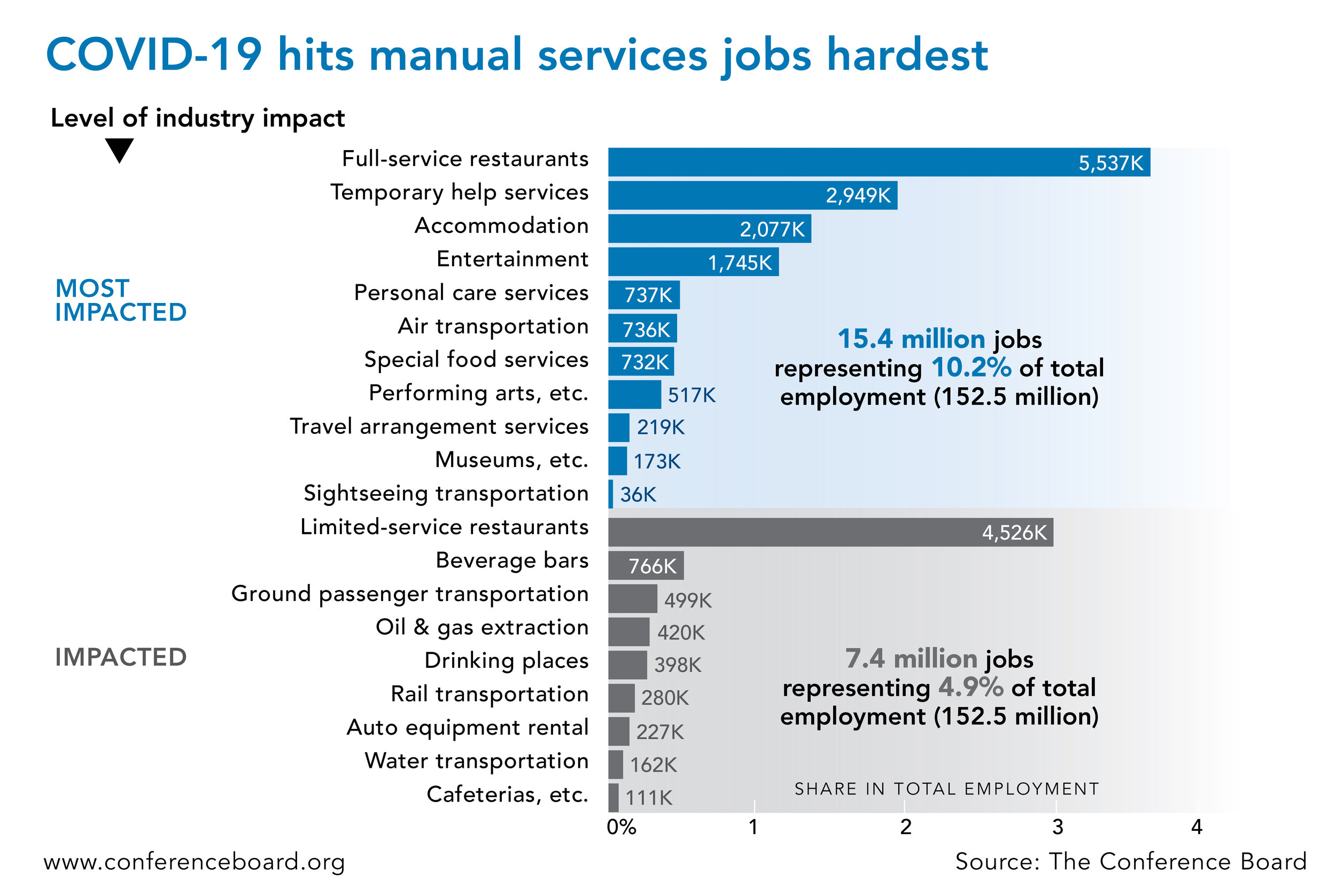By Randall Margo
Board Director, G.L.O.B.A.L. Justice
Social distancing may not focus the mind, but it does give it time to wander and ponder over our predicament. Among the issues grabbing my attention in recent days:
What is essential? Prior to the COVID-19 outbreak, we were told schools and universities were essential to our society. Education was a high priority for our communities. Now, its grocery and pet stores, and companies like Netflix and Door Dash that occupy such prominence. Meanwhile, COVID-19 has replaced climate change, our world's prior existential threat, to such an extent, that Tesla, the country's leading sustainable car manufacturer was forced to close its doors, despite the protestations of its CEO, Elon Musk. “Essential” has taken on new, though possibly temporary, meaning and priority in the present context.
Who knew our economy was so reliant on entertaining us? We previously knew sports, entertainment, and travel along with bars and restaurants soaked up a lot of our discretionary dollars, but its still shocking to to see current figures that indicate how reliant our economy and employment has become on these items. While these leisure and entertainment jobs and businesses may seem unessential to public health officials and politicians, the table below demonstrates how important these industries have become to our overall economy. After just a one week of a shutdown covering roughly one-fourth of our population, it is clear that the present trade-off weighted heavily on physical health over economic health. This trade-off is sure to be reexamined as the unemployment numbers skyrocket and businesses go bankrupt in the coming weeks.
Are medical professionals and facilities adequate to meet the requirements of an aging population? Some have likened this pandemic to a black swan event, one so rare that it seldom repeats within a span of a lifetime. But, one commonality of this virus among all nations is that those with older populations are the most vulnerable. In particular, the major concern amongst the nations hardest hit is the lack of available resources with respect to hospital facilities, supplies and medical personnel. In the United States, the quantity of doctors is limited by the number of residency slots available. Moreover, states typically have extensive and costly processes for granting new or expanded medical facilities. Consequently, capacity issues become apparent during a health crisis, because of the intentional limitations in place. These issues should warrant reconsideration given the anticipated growth in our elderly population during the coming years.
Will actions taken to limit the scale of this pandemic result in any long-term changes? One obvious trend likely to accelerate even after the pandemic is the use of online platforms for school instruction, work, and shopping. Particularly as 5G internet connectivity becomes more prevalent with its capacity for faster download speed, we are likely to see online school and work becomes a more regular part of our economy and society.
What levels of restrictions will we accept? One of the more interesting cultural phenomenons is the compliance of so many U.S. residents to obey government edicts that restrict their ability to earn a living, forego common freedom of movement and activities, even to worship together, for a virus that, at least currently, has been far less deadly than a typical year of influenza. Should another more virulent virus occur similar to the lethality experienced during the Spanish Flu of 1918, what level of restrictions might our government impose and Americans be willing to accept, and for how long?
Do we view mortality differently now? It gives pause to consider that as the country has become more secular over the past century and people's faith in God and an afterlife has diminished, is there more willingness to value security over freedom? Do we somehow view our mortality differently and perhaps more cherished than prior generations as though somehow death can be averted rather than just postponed.
While these ruminations are not conclusive, they do raise key questions that we will have to consider both during and after this crisis. The unprecedented nature of our present response to the current pandemic will certainly impact how we respond to any future crises we may face.
The views and opinions expressed are those of the author(s) and do not imply endorsement by G.L.O.B.A.L. Justice. We are a faith-based, nonpartisan organization that seeks to extend the conversation about justice with a posture of dignity and respect.



